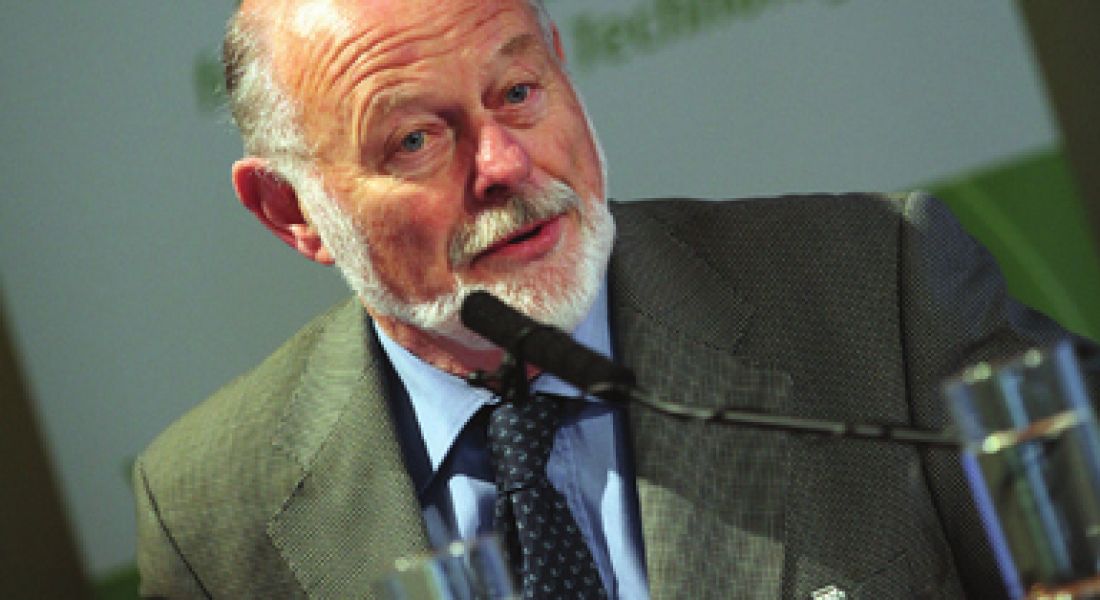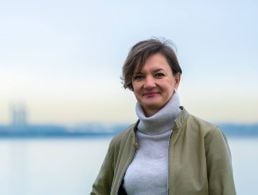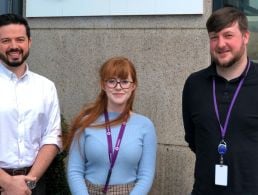At the IRCHSS & IRCSET Postdoctoral Symposium at the Royal College of Physicians in Dublin in July, almost 150 researchers gathered to share ideas and explore new ways of thinking and working.
At the IRCHSS & IRCSET Postdoctoral Symposium at the Royal College of Physicians in Dublin in July, almost 150 researchers gathered to share ideas and explore new ways of thinking and working.
Ireland has already come a long way in third-level education. Speaking at the symposium, Prof Patrick Cunningham, the chief science adviser to the Government, spoke about how the education sector expanded 30 years ago upon hearing of the need for a more educated workforce to attract foreign companies and investment to Ireland’s shores.
“Of the OECD countries as a whole, those entering the workforce with third-level education have been increasing at a half per cent per year. So over 30 years it has come up about 15pc,” he said.
“In Ireland, it’s come up at a 60pc faster rate. We started 30 years ago well below the OECD average and we’re now well above it.”
However, in the 1990s, the Government realised this wasn’t enough and by not moving faster, Ireland would fall behind the rest of the world. As a result, it pledged to create 1,000 PhDs per year.
“If you look at the indicators of intellectual capacity in countries, and this is very much related to their economical welfare, one of the measures is the proportion of the workforce at various levels of competence. Ireland was well below the OECD in those days,” continued Cunningham.
“We’re probably about average now – we have six per 1,000 of our workforce with qualifications at PhD level. Some countries have a good deal more and those that we compete best against are actually moving faster than we are.
”Nevertheless, if we look back over the last 10 years, there is a lot to be content about. We had growth in the 10 Celtic tiger years of about 7pc per annum in GDP – extraordinary by Western European standards – but in fact the investment in R&D, both business and public, has been increasing by 14pc, twice that rate.”
This year, IRCHSS and IRCSET will grant €10m in awards to Ireland’s brightest researchers from all backgrounds. At the event, new funding was given to researchers tackling subjects such as Irish foreign aid and remote monitoring of patients with chronic respiratory diseases.
Photo: Prof Patrick Cunningham, chief scientific adviser to the Government, at the IRCHSS & IRCSET Postdoctoral Symposium, where he spoke about how the education sector expanded 30 years ago upon hearing of the need for a more educated workforce to attract foreign companies and investment to Ireland




